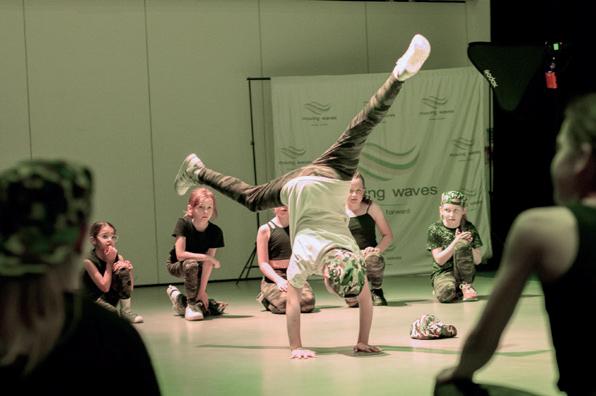Impact on social mobility
back in them.” Another of Wellington College’s founding principles is to educate the children of servicemen. There is some concern that if VAT is introduced, the Continuity of Education Allowance, which currently supports many military families to access education for their children, will not cover the increased cost. James is conscious of the impact of this allowance on military families and is passionate about continuing to provide for them: “I think we really need to look after our military families moving forward; these are families who give up their entire lives for the service of the nation and that was the very foundation of Wellington College.” Like Wellington College, many independent schools have been making efforts to do more for social responsibility in recent years. James, like many others, fears that this progress may be undone if VAT is imposed: “The perversity of it is this is going to make our schools more out of reach to a greater number of families and so it will diminish social mobility. I have absolutely no doubt about that and that cannot be a good thing either for our schools or for young people.” This risk of top independent schools becoming ultra-exclusive is a concern across the sector, James told us: “None of us want our schools to become schools where you have the super wealthy and then perhaps you have a small number of pupils on transformational bursaries. We want our schools to reflect, as best as we can, the broader mix of society as a whole.” In order to counteract this, Wellington College works closely with charities such as Royal Springboard, a social mobility charity widening access to life-changing opportunities at the UK’s leading schools. James described the impact of these charities and initiatives as “almost immeasurable.” When asked how Wellington College is and plans to continue supporting families concerned about VAT, James told us: “We don’t want any family to have to be in a position where they have to move their child from our school.” He shared that the school TURN TO PAGE 70 to read about community partnerships at Lancing College
6 0 | EDUCATION CHOICES MAGAZINE | AU T U M N 2024
also plans to draw on their experience supporting families throughout the COVID-19 pandemic to support families in need: “Like we did during the pandemic, we are setting aside significant amounts of additional financial aid [...] we have been planning for this for quite some time so that those families who need extra support will be able to get through the years ahead.” They are also focusing on planning for the future in order to continue to make Wellington accessible to as many families as possible. James wanted to reassure parents: “We’re so keen to support; we’re so keen to help” and urged them: “Just come and talk to us and let’s work together to plot a route forward.” This applies not just at Wellington College, but across the independent sector: “Just to speak to your heads and your bursers about this because we all want to support and we can only do that in conversation and partnership with parents.” It is undeniable that this could have a significant impact on the future of independent education. James envisions a smaller, tiered system: “A multitiered sector with a greater variety of price points and provision, low-cost models, medium models, maybe hybrid models in partnership with local state schools.” He remains positive about the prospect of innovation and change, telling us: “One of the things I’ve always thought would be incredible would be for independent schools and state schools to partner.” However, it is clear that some schools will struggle, and changes will need to be made to continue providing excellent education and widening access: “If they want to keep their schools as broad and as wide in terms of access as possible, they’re going to have to be doing more and more in terms of financial aid.” We would like to thank Mr. James Dahl, Master of Wellington College, for giving up his time to speak to us. CLICK HERE TO LISTEN TO THE FULL PODCAST www.wellingtoncollege.org.uk


































